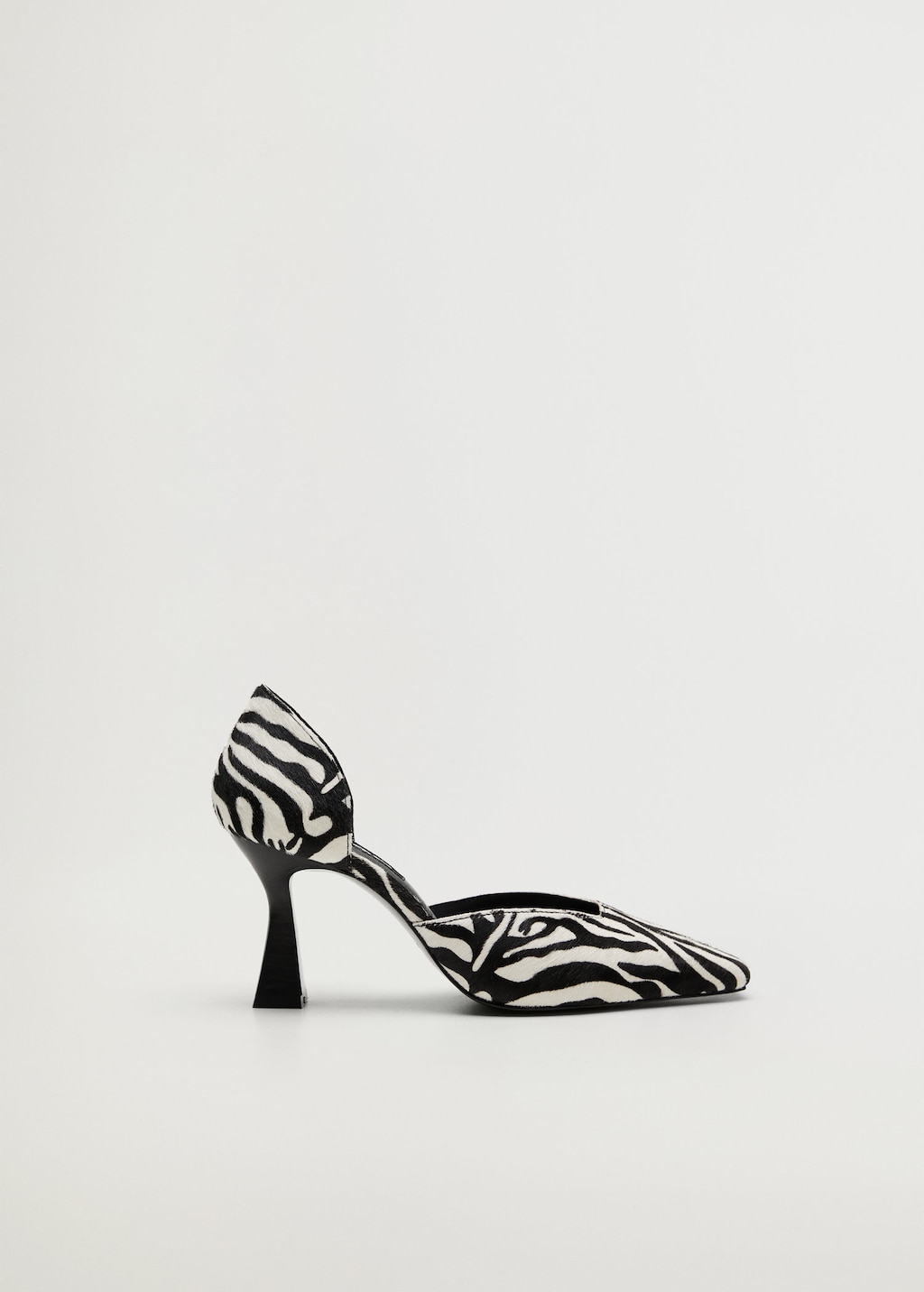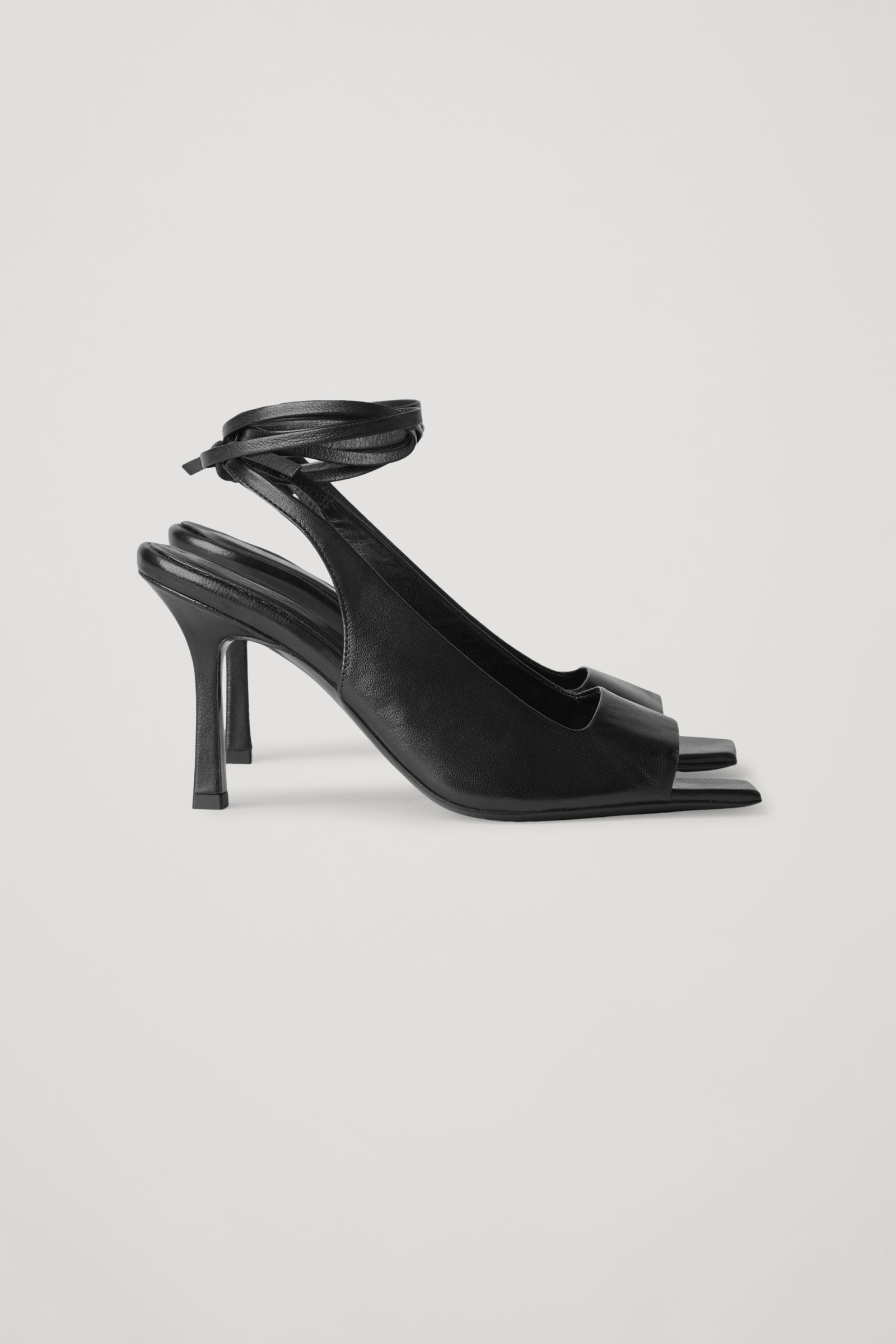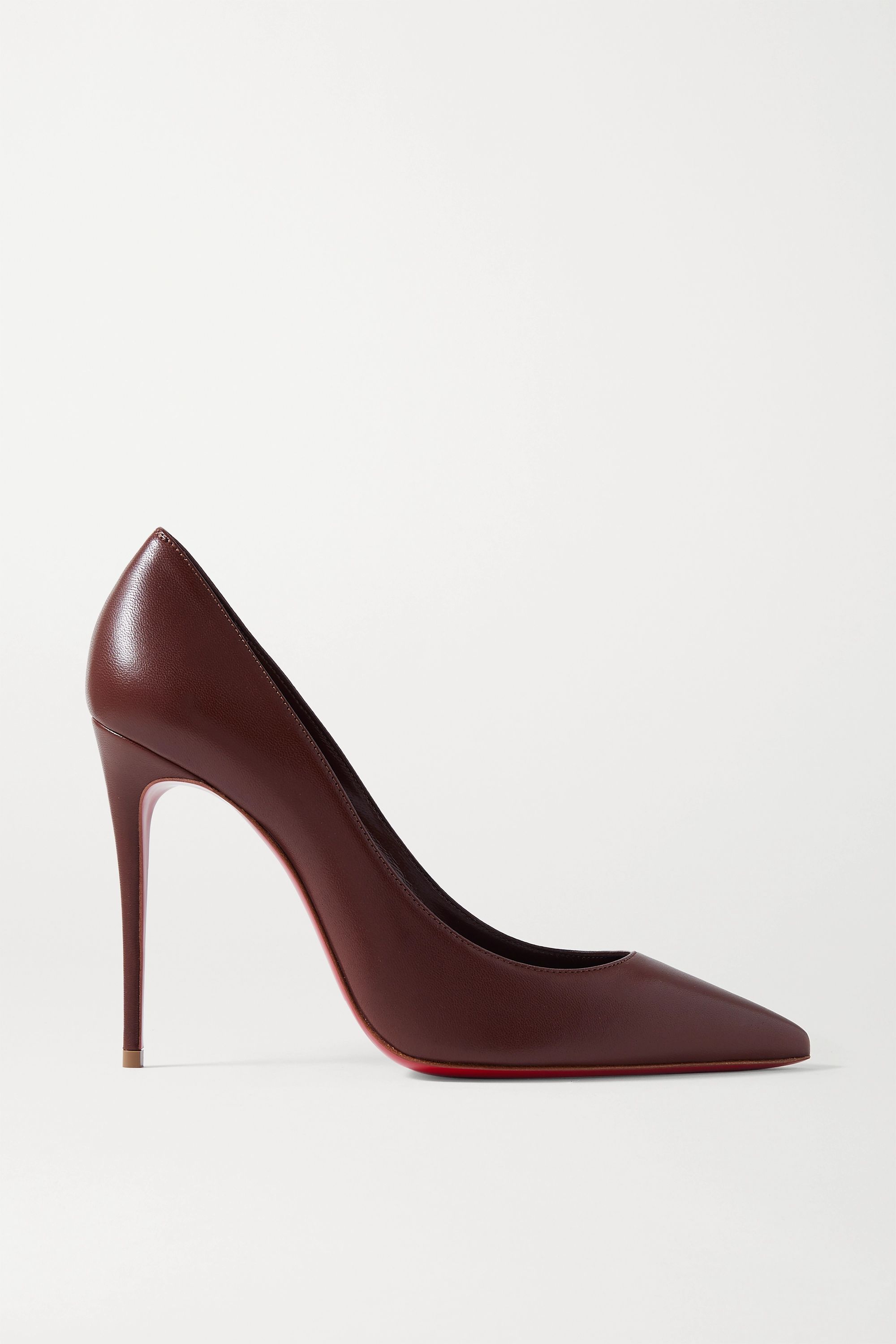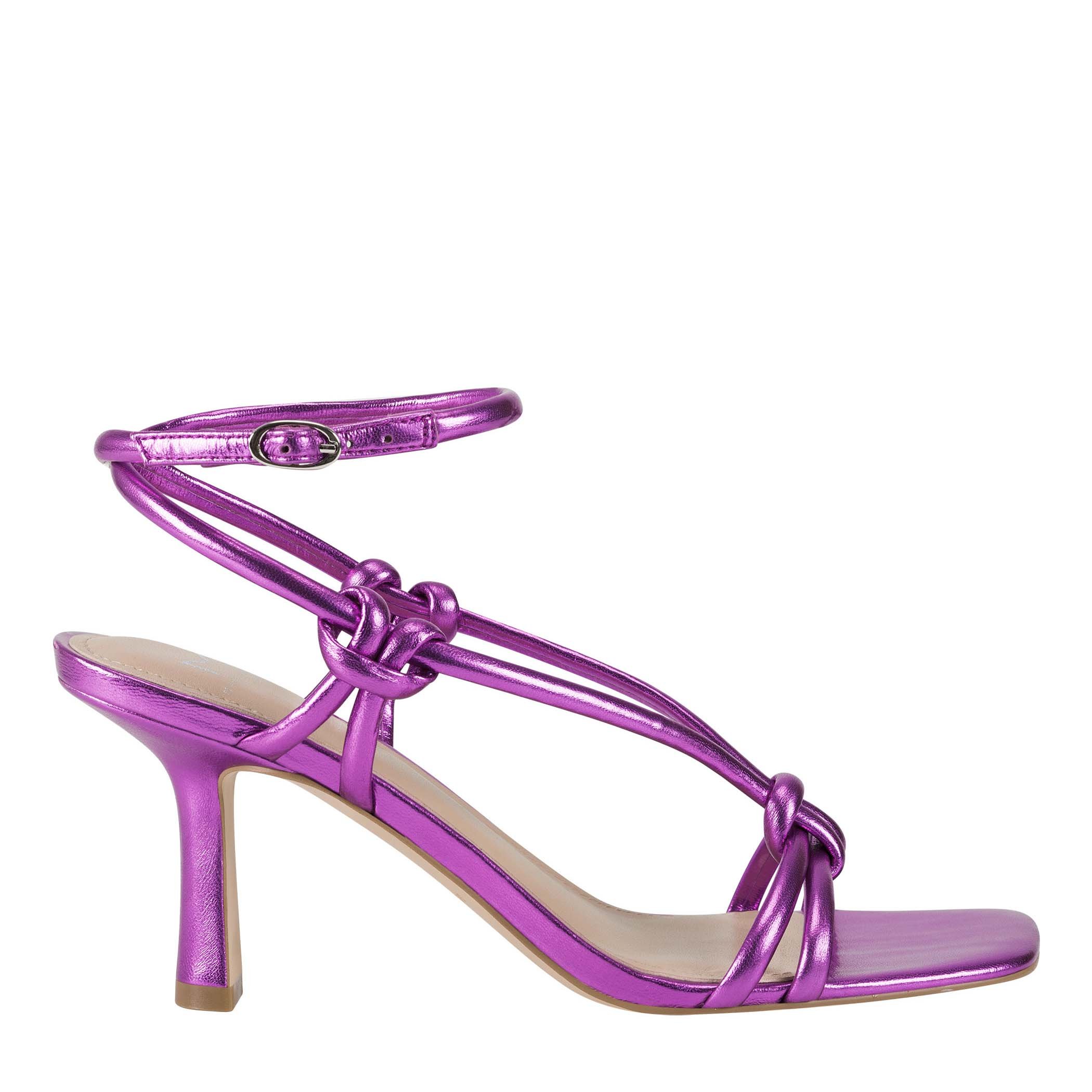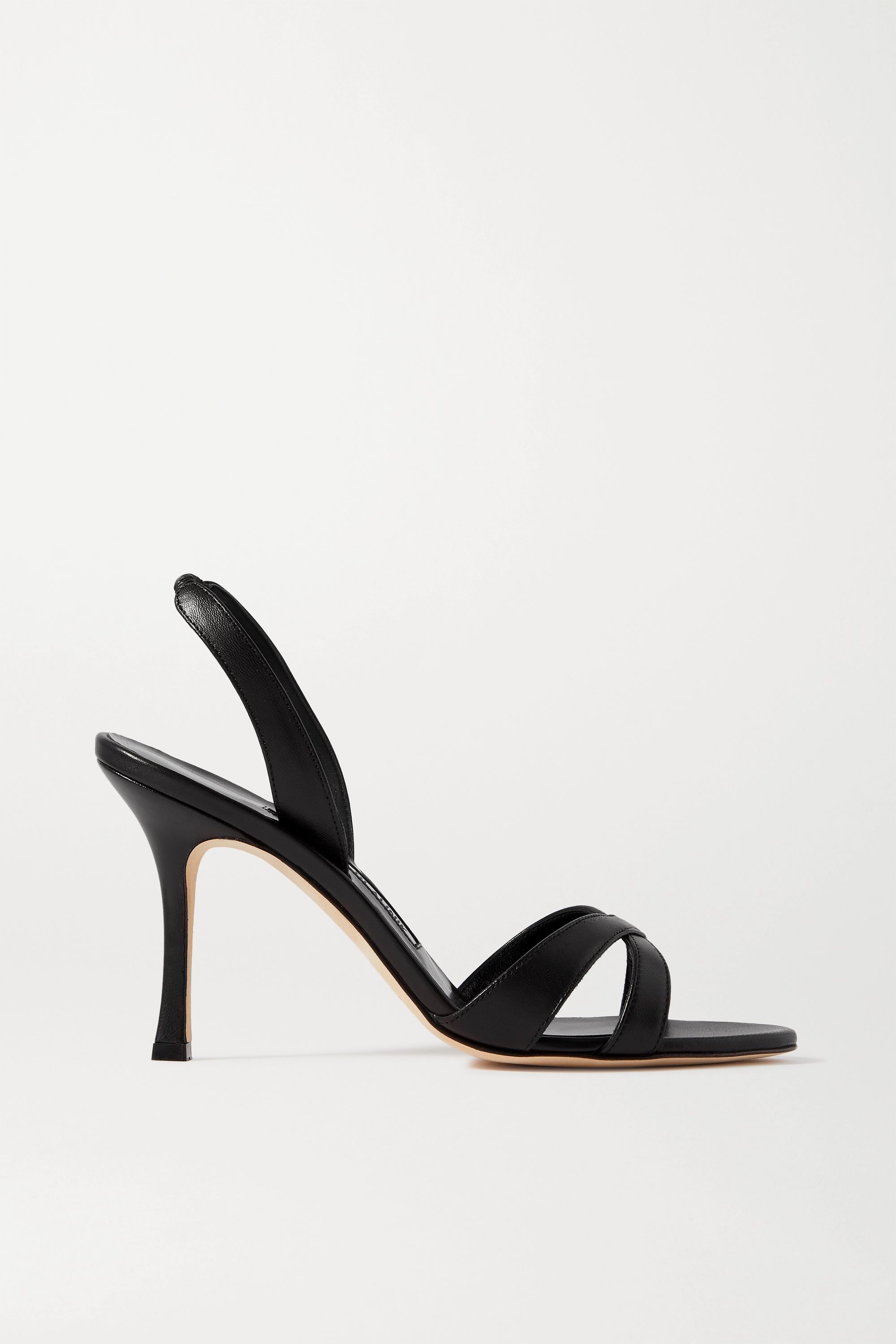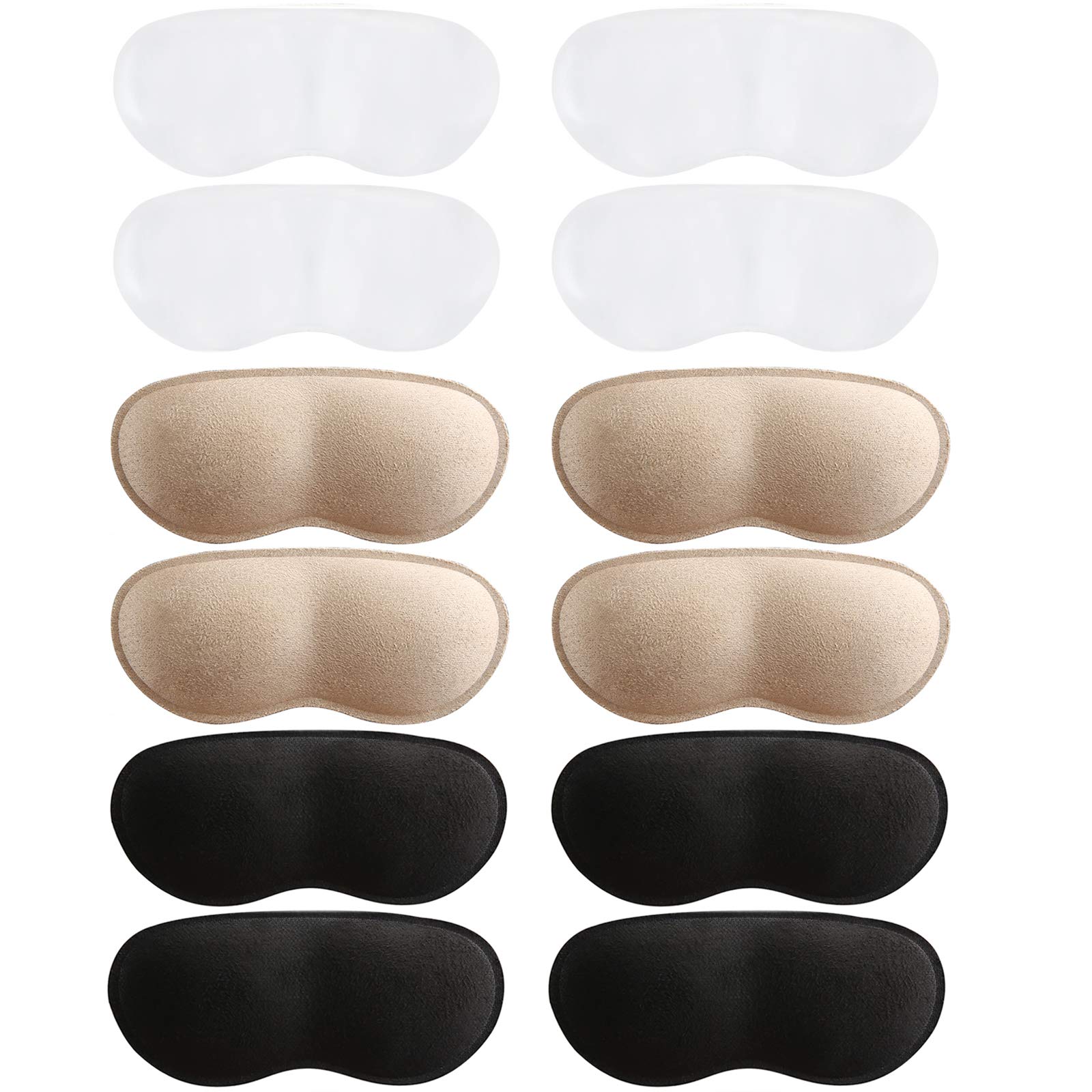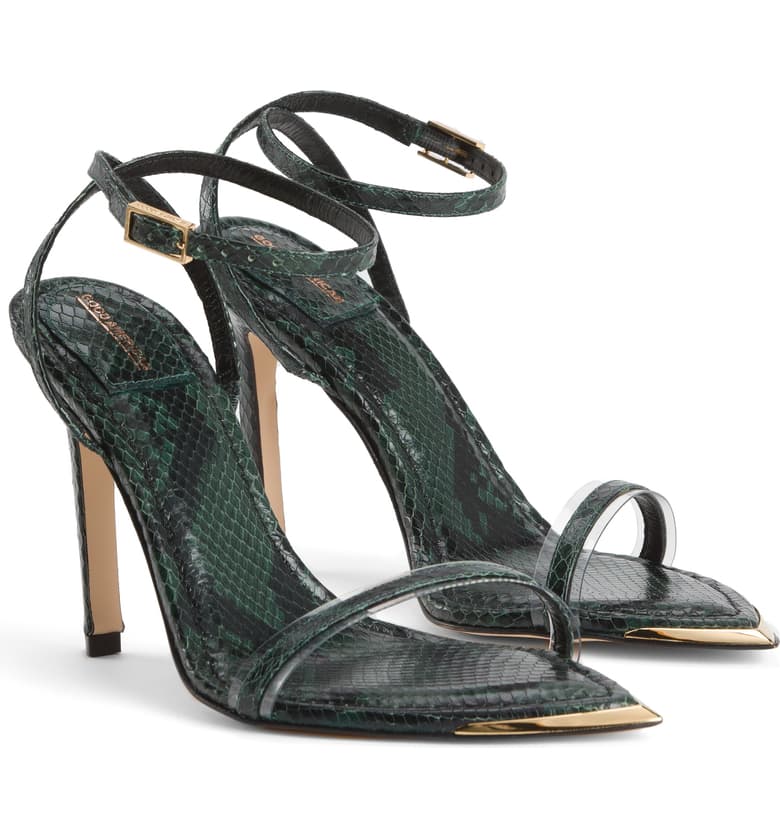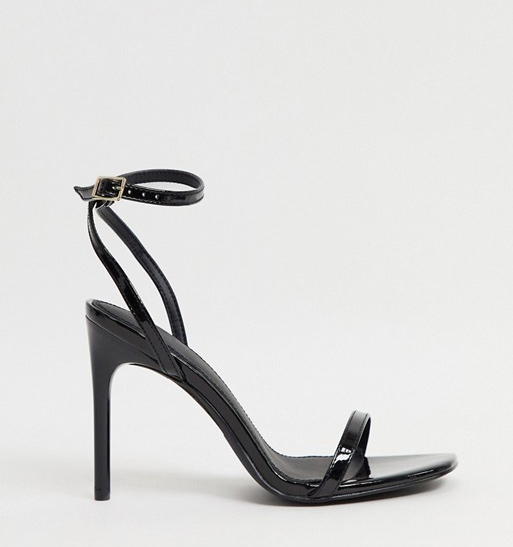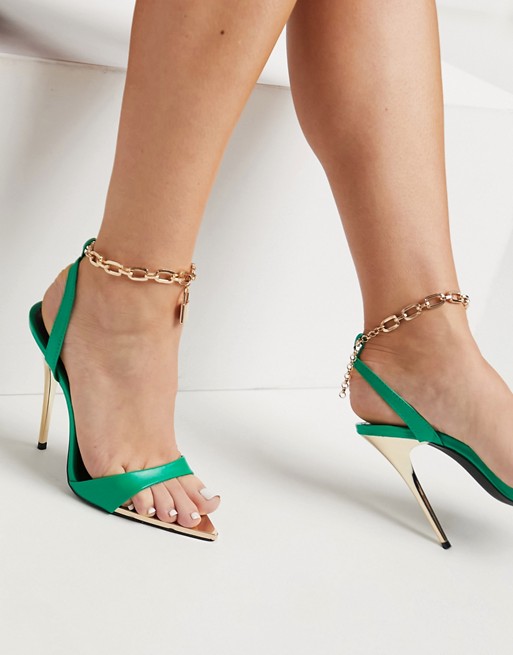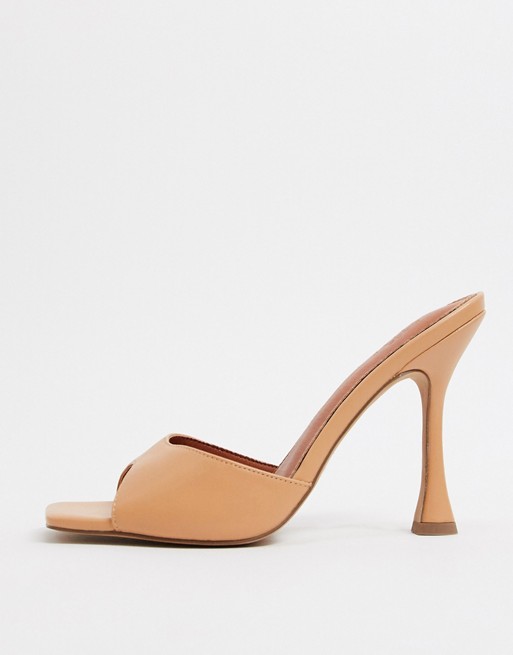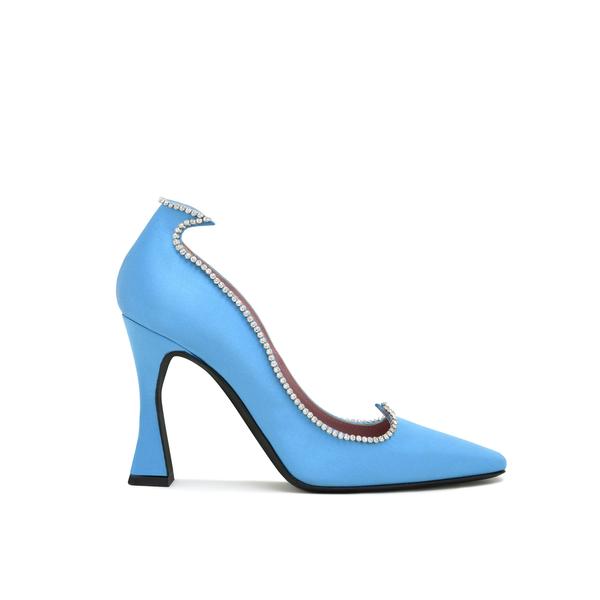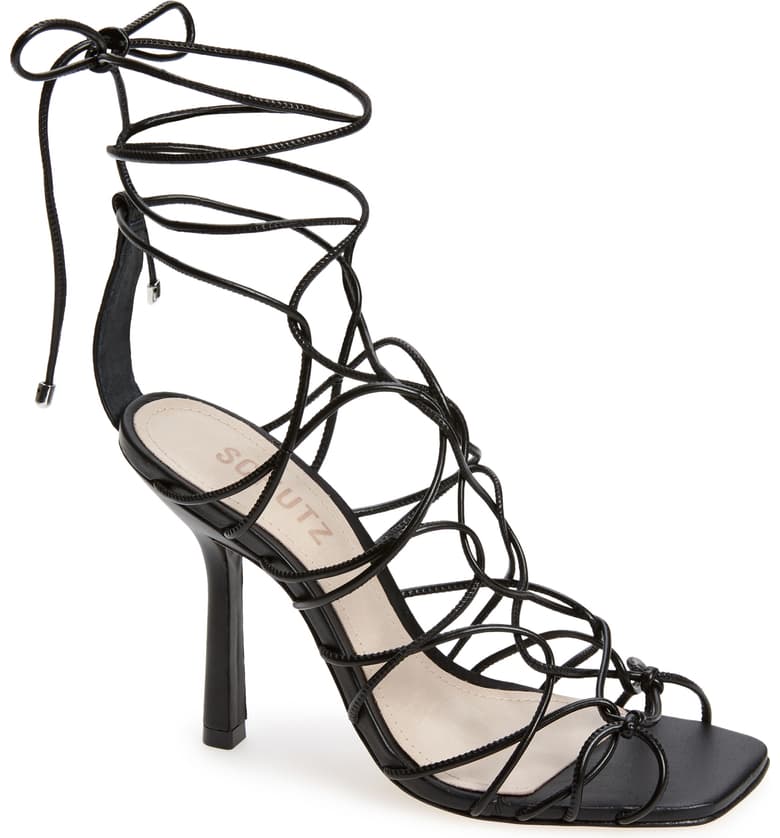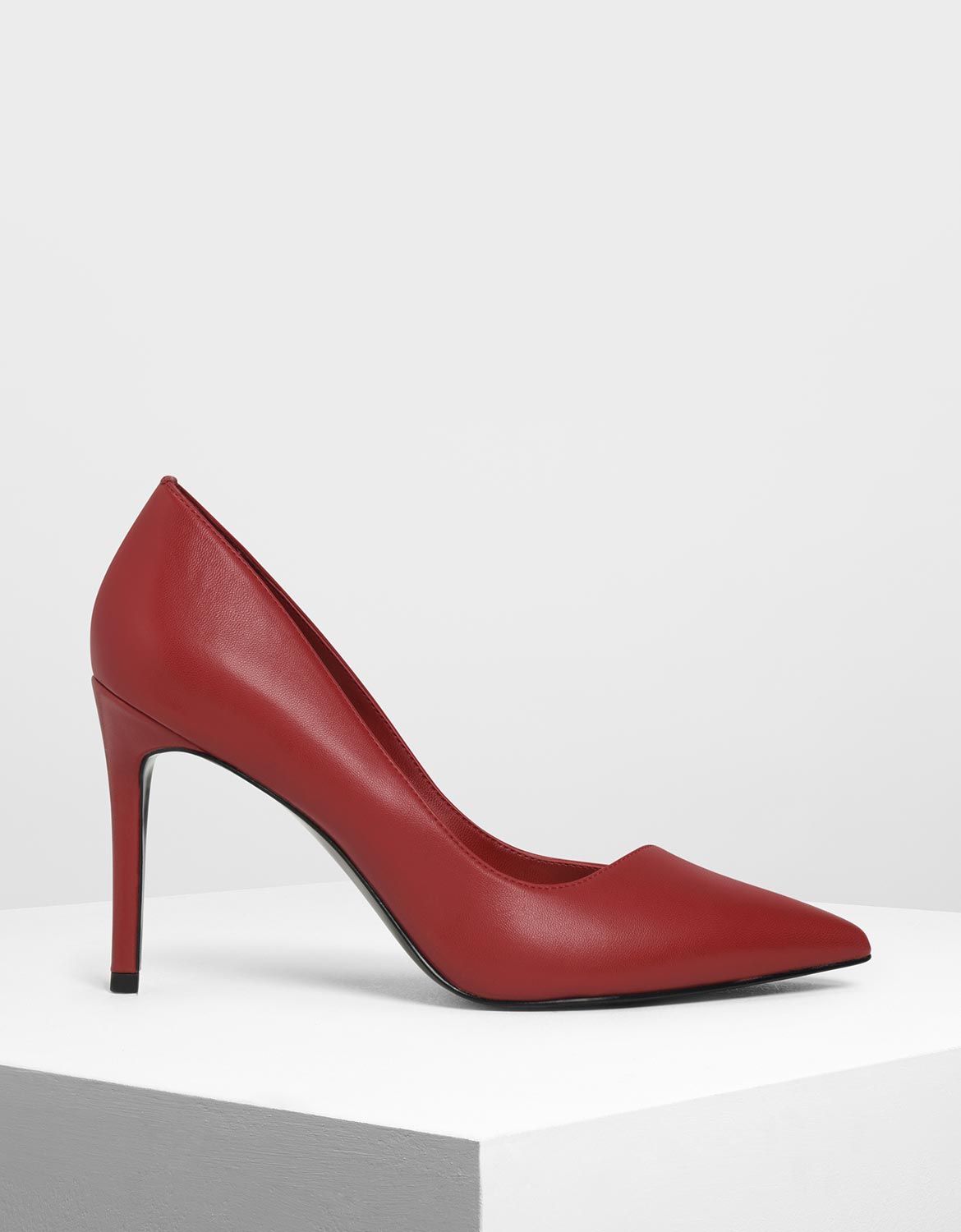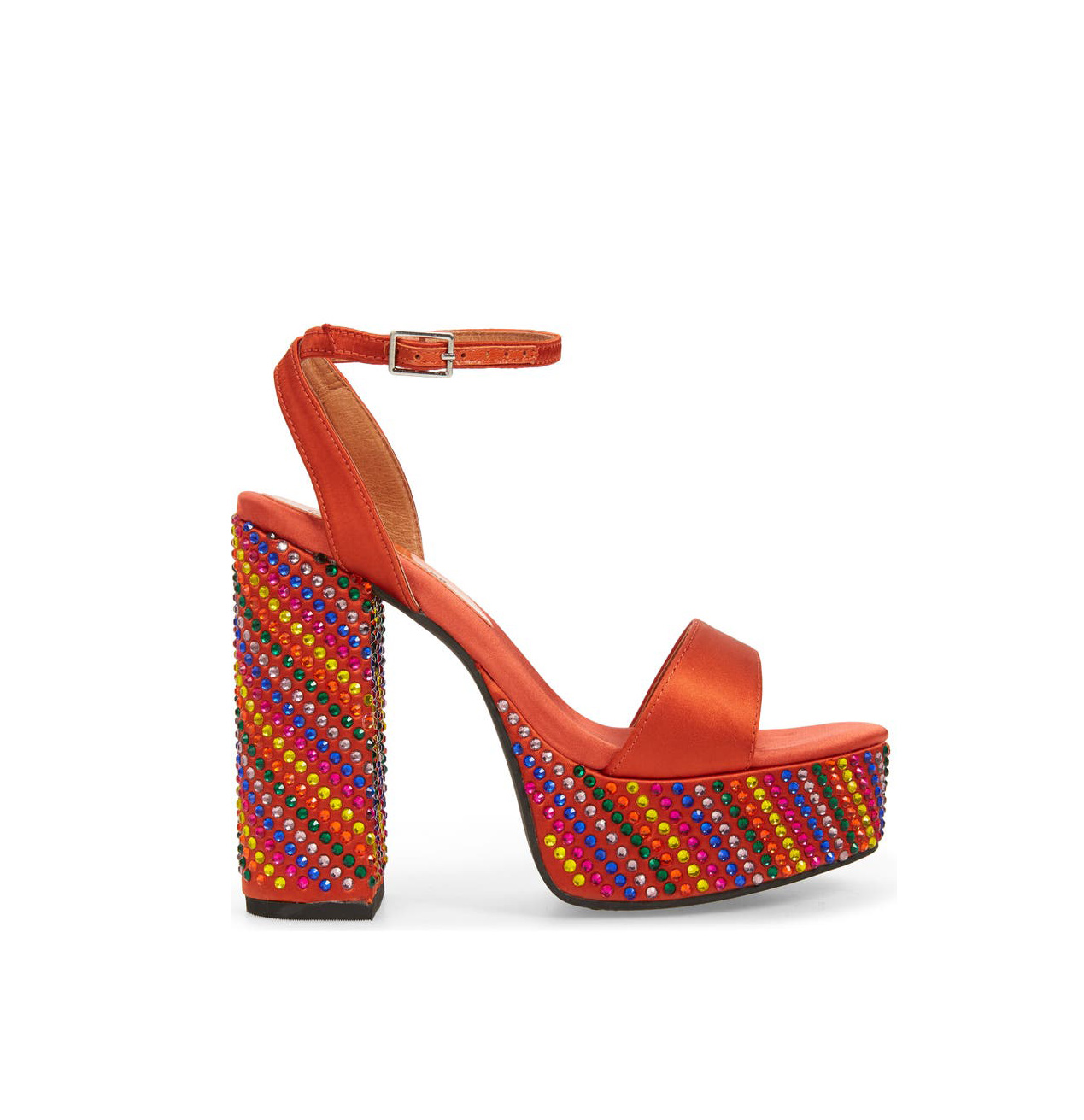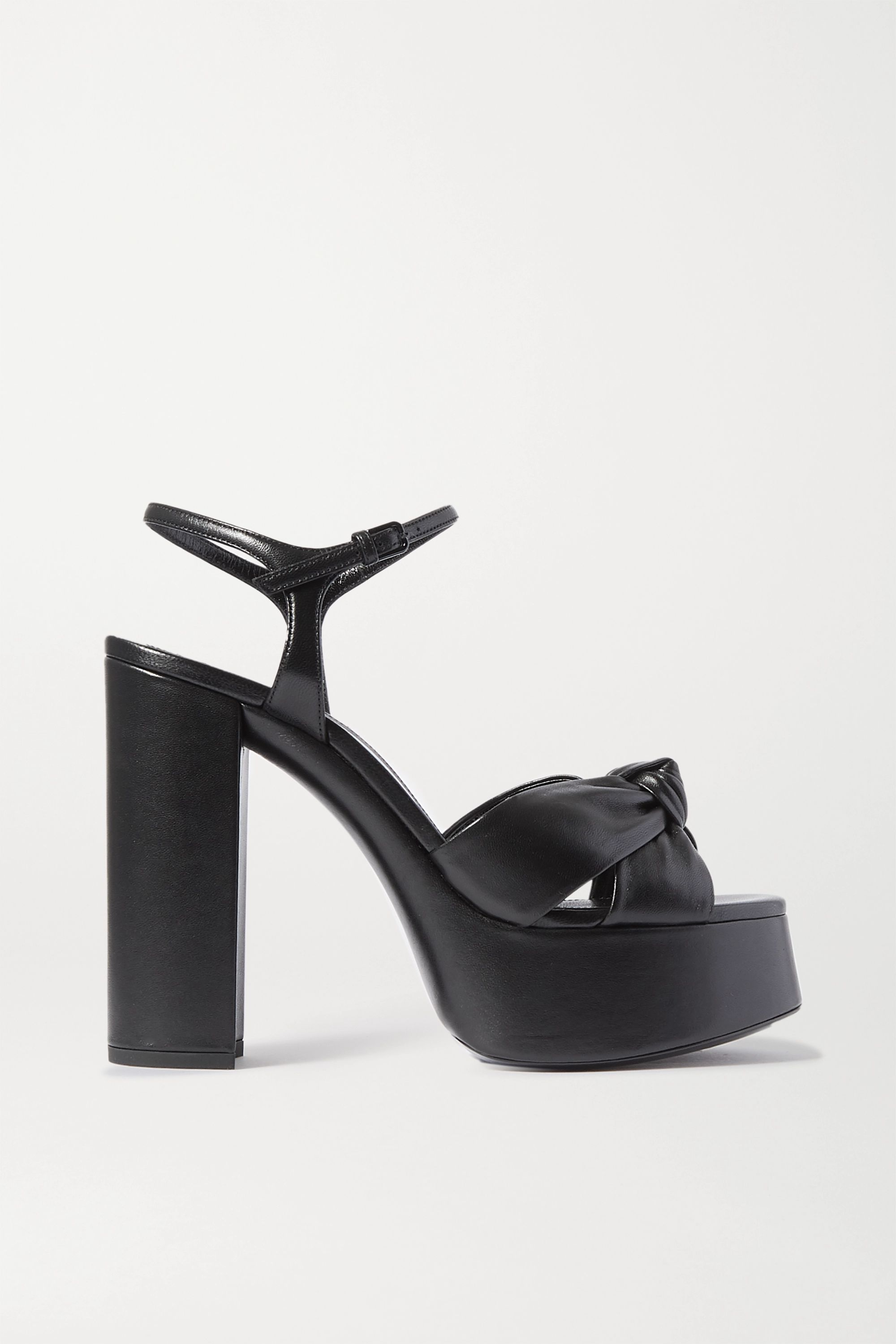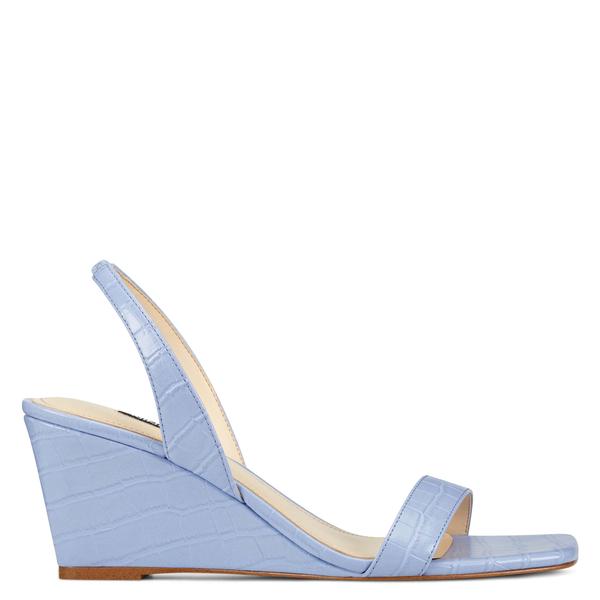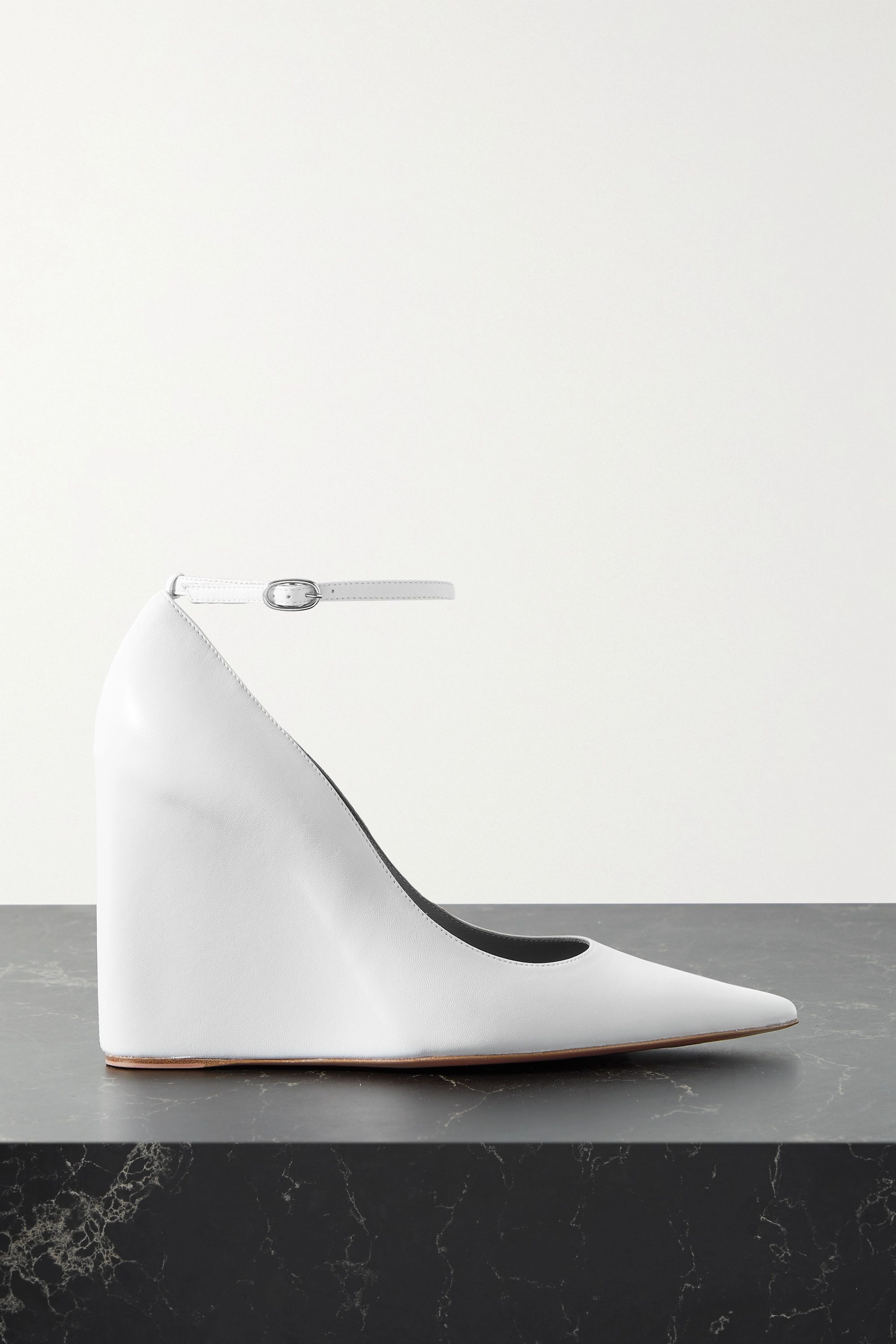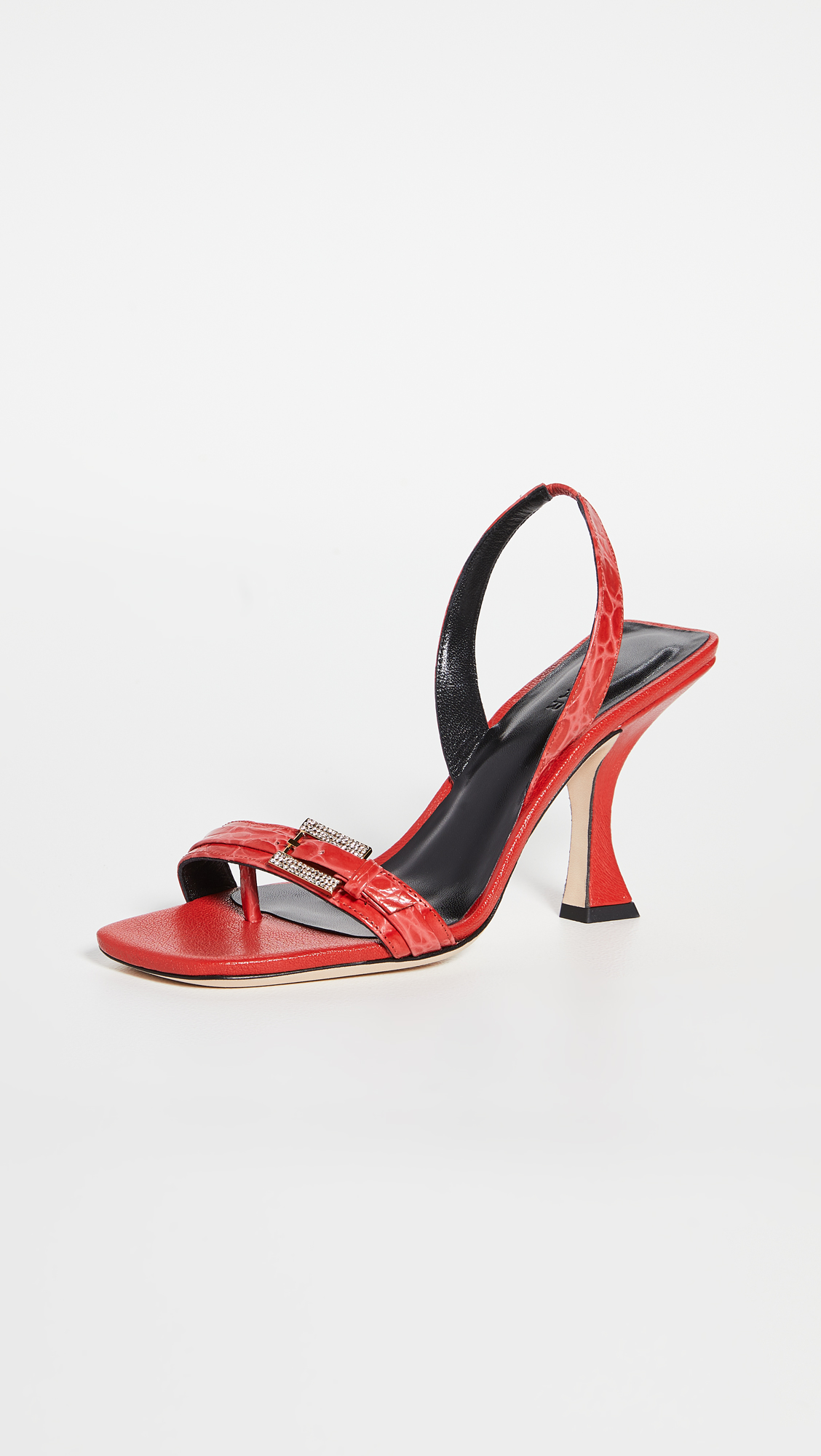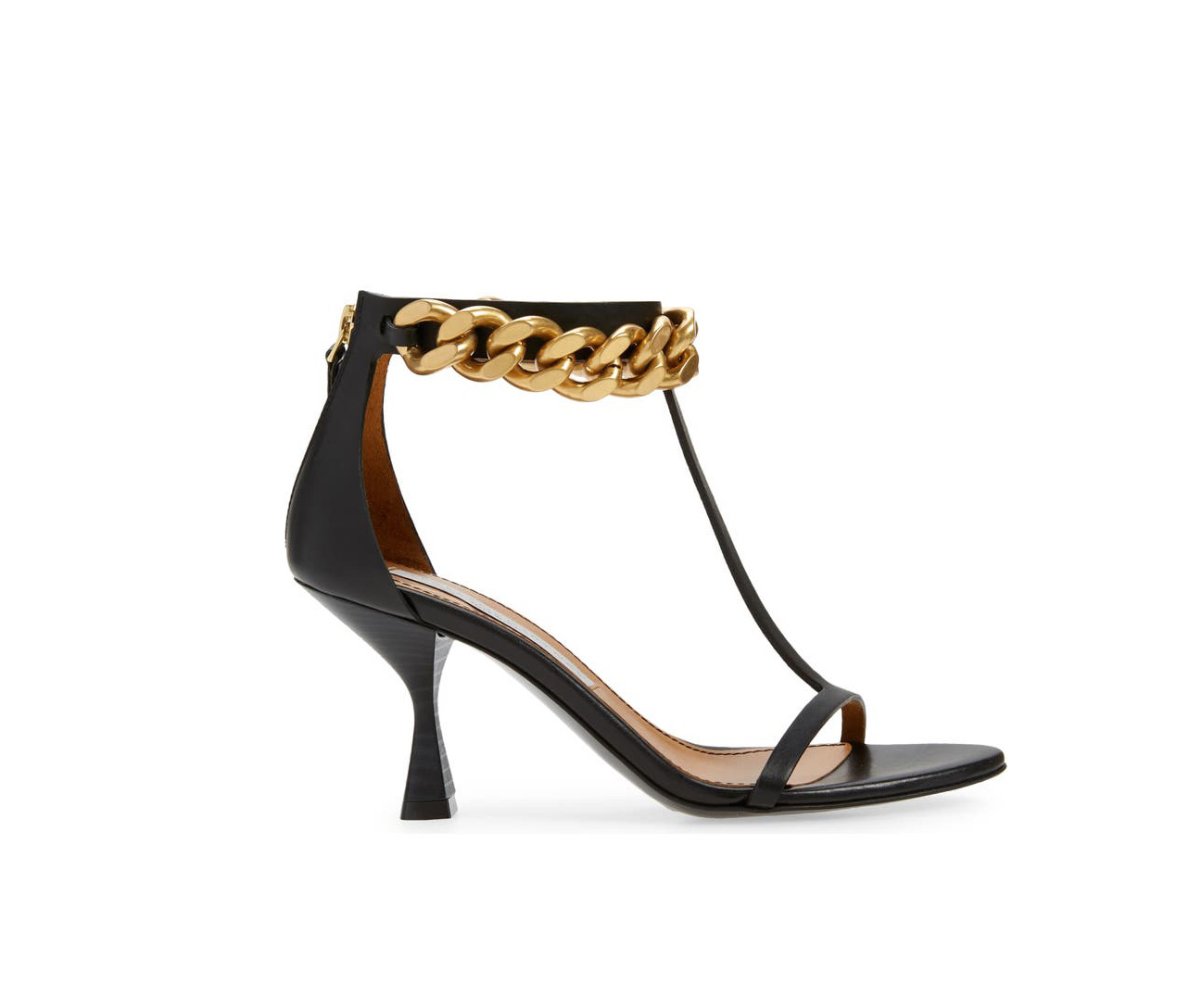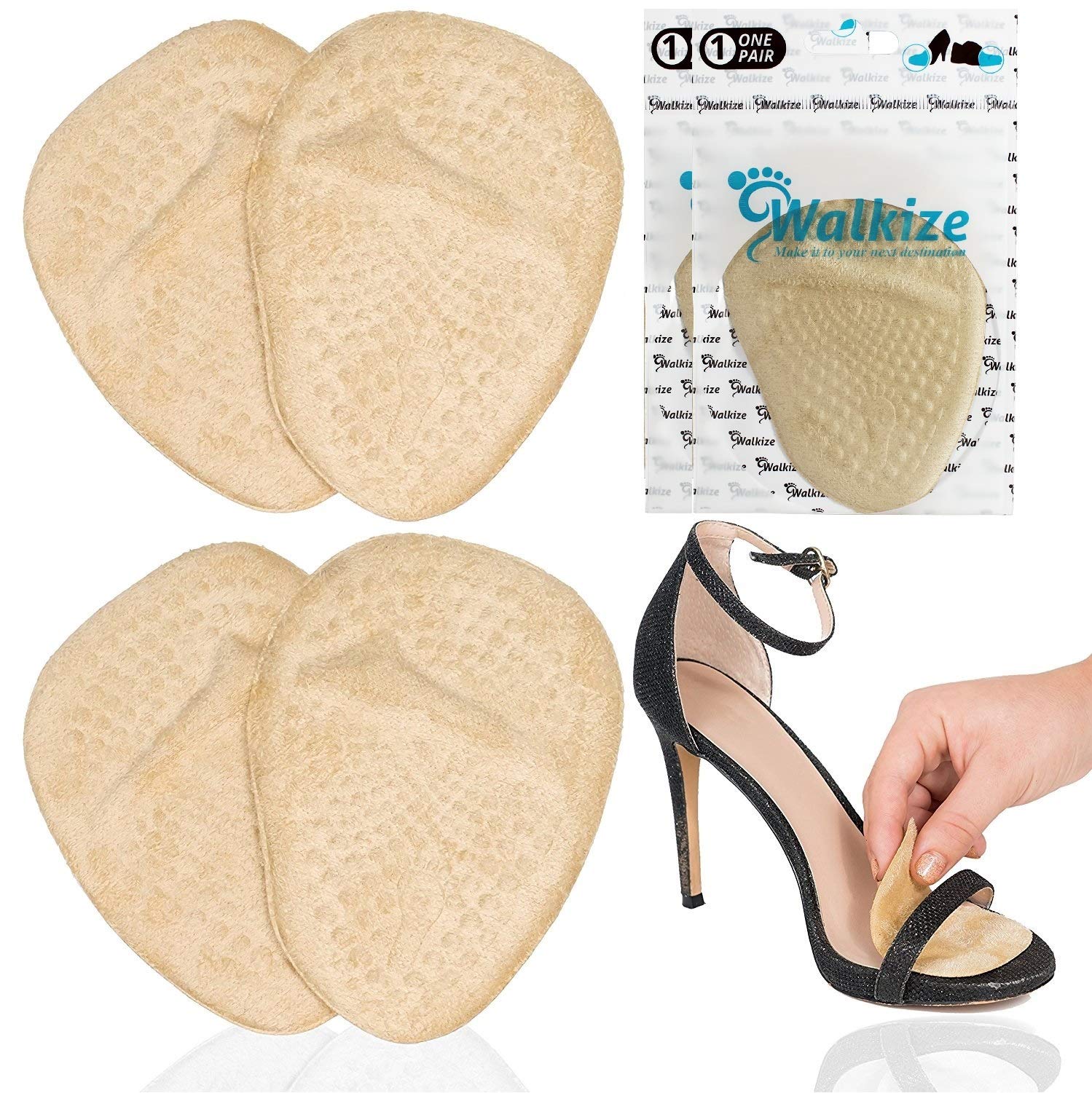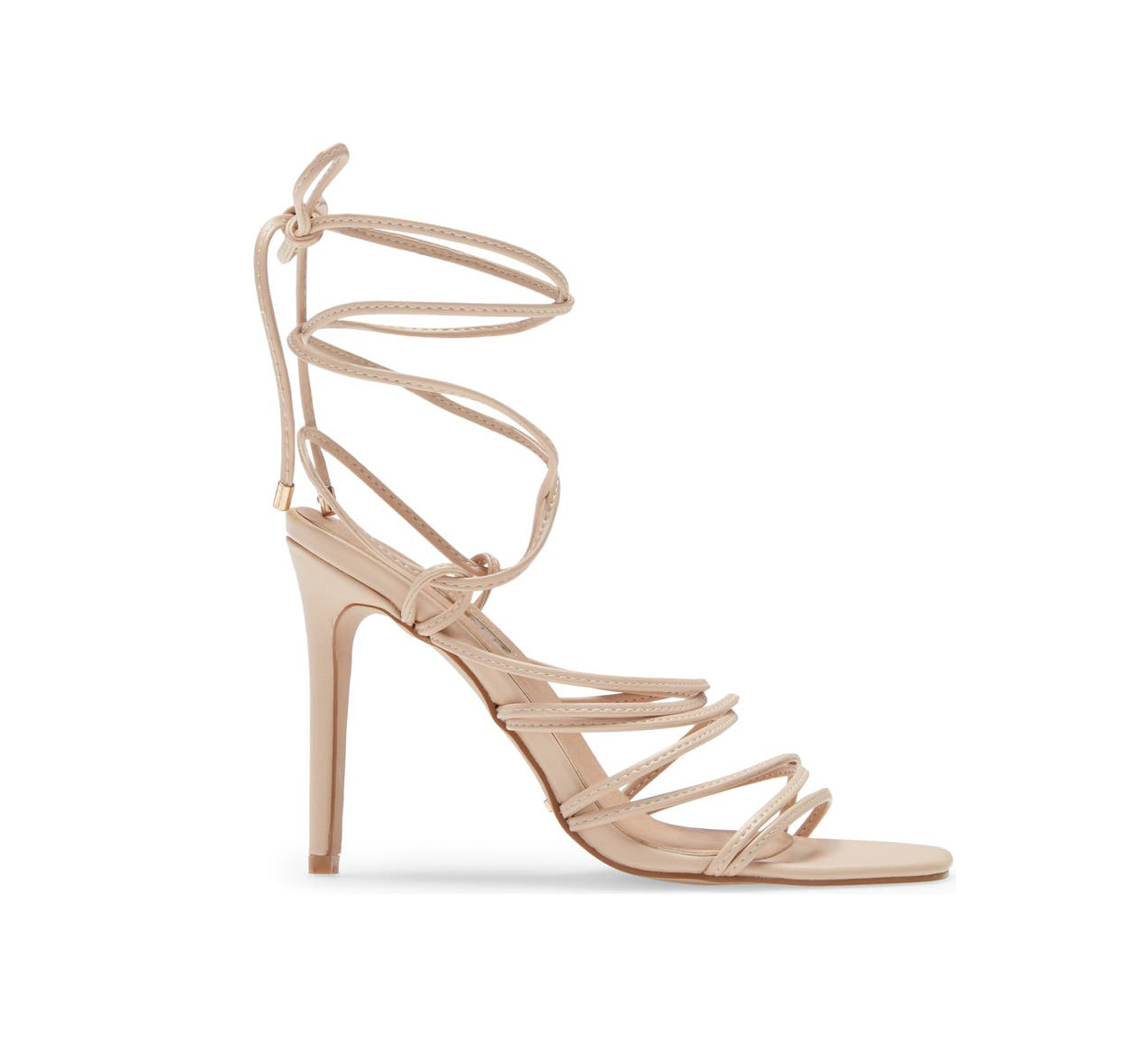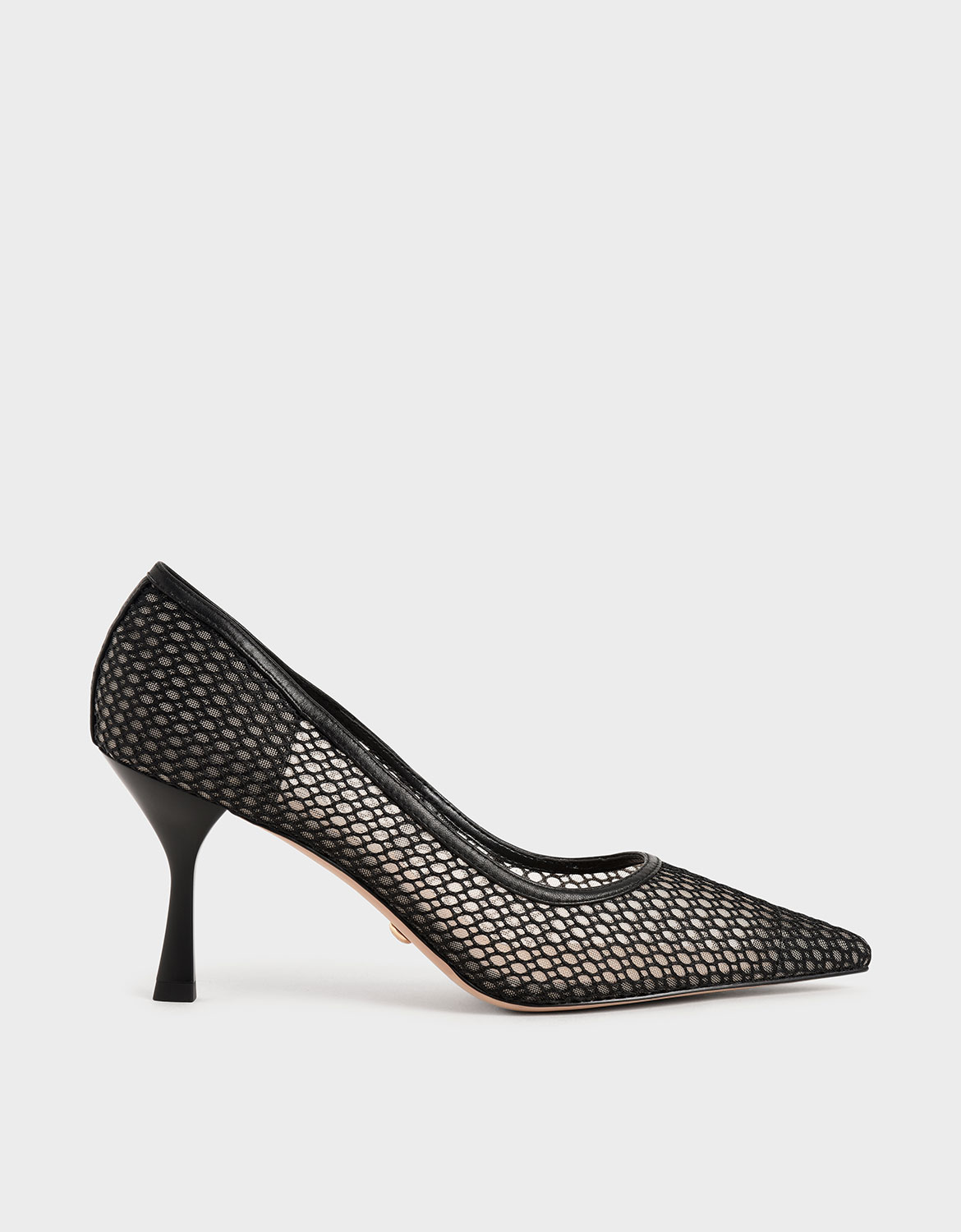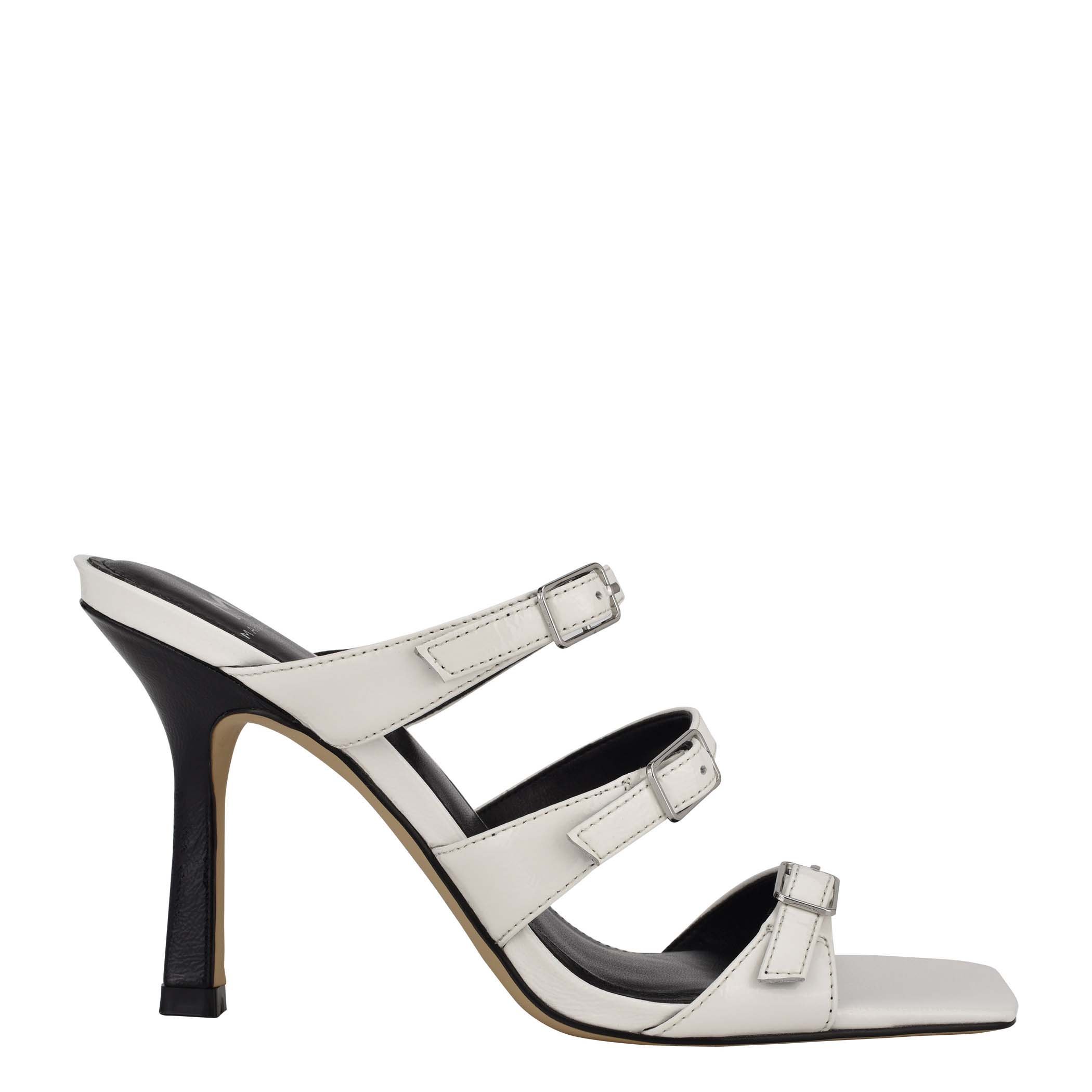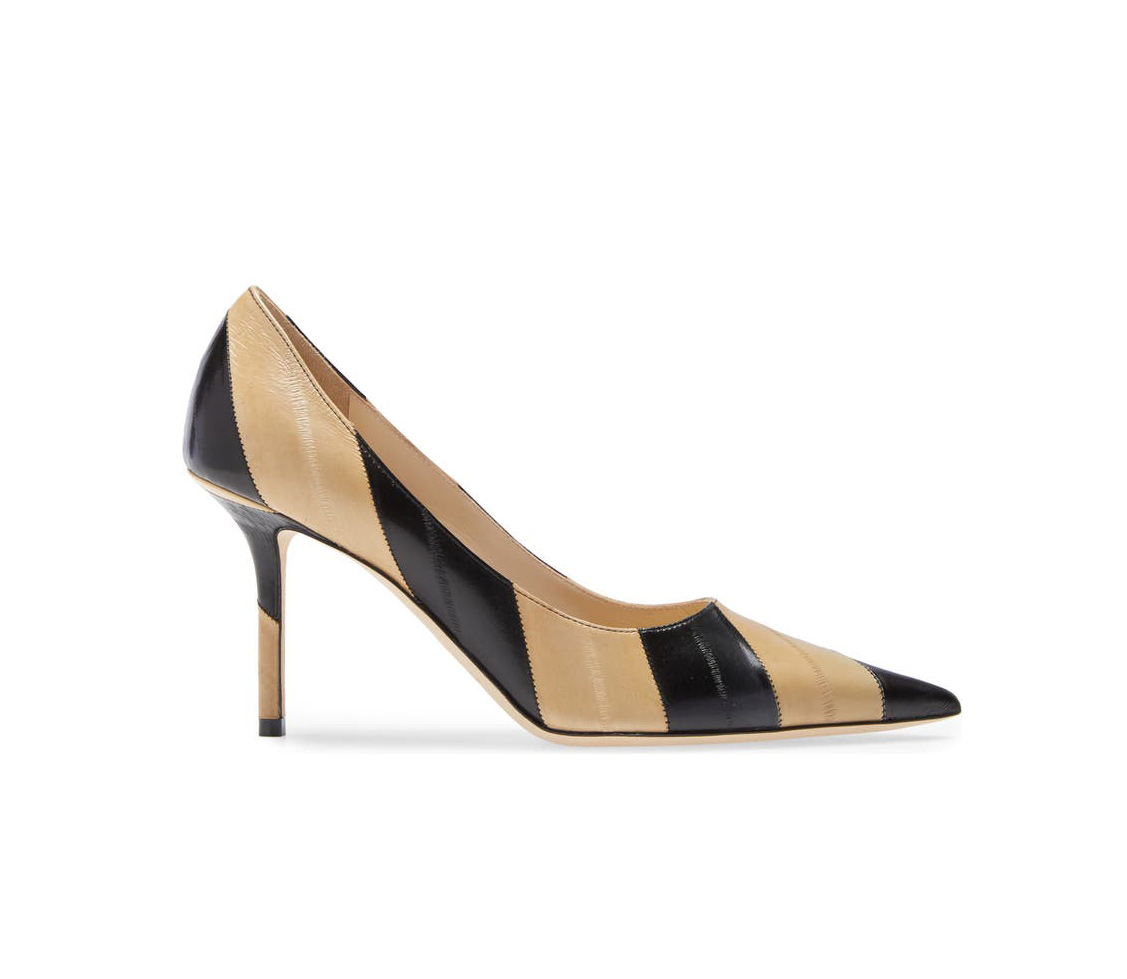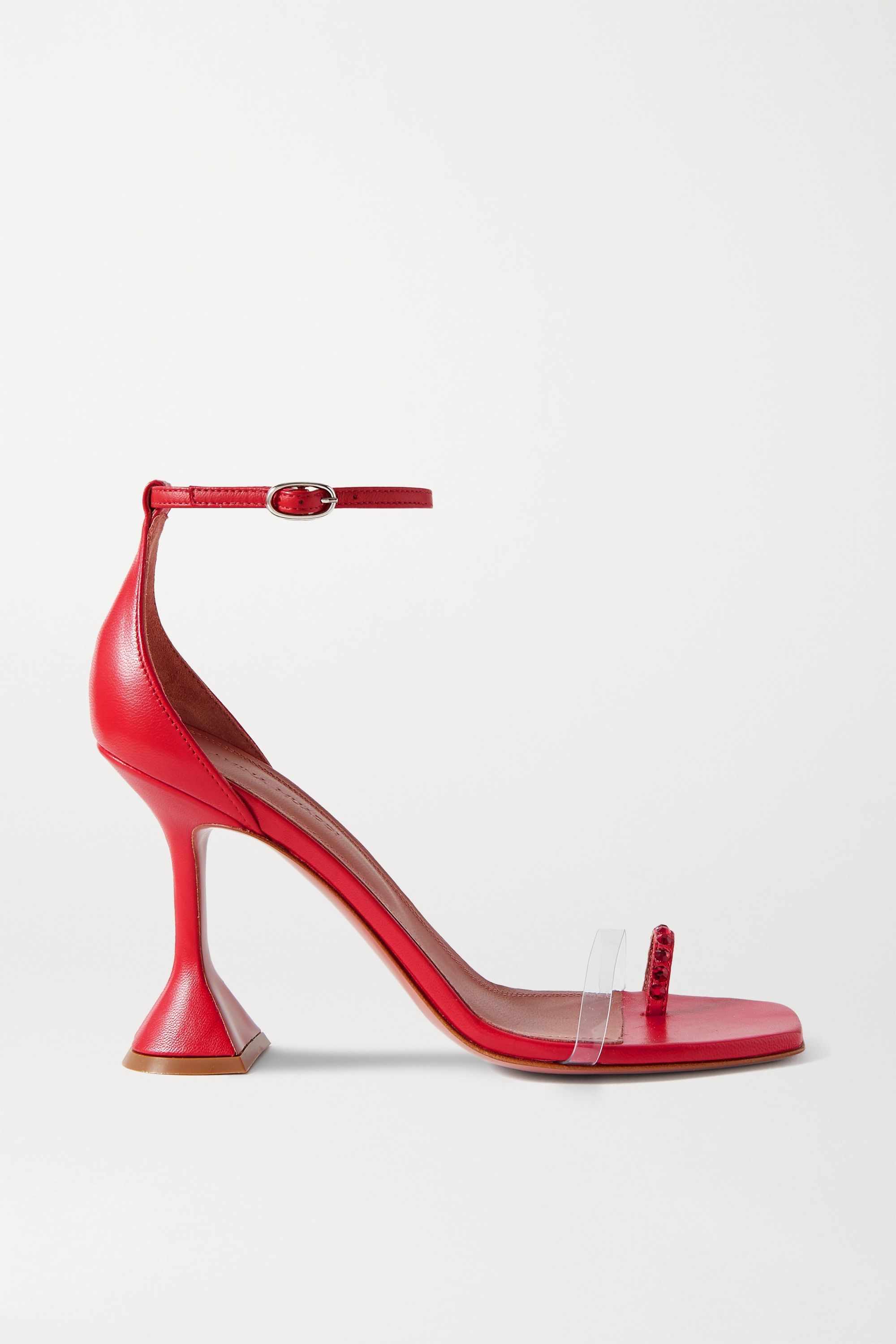Here’s the Secret to Buying Heels That Won’t Kill Your Feet
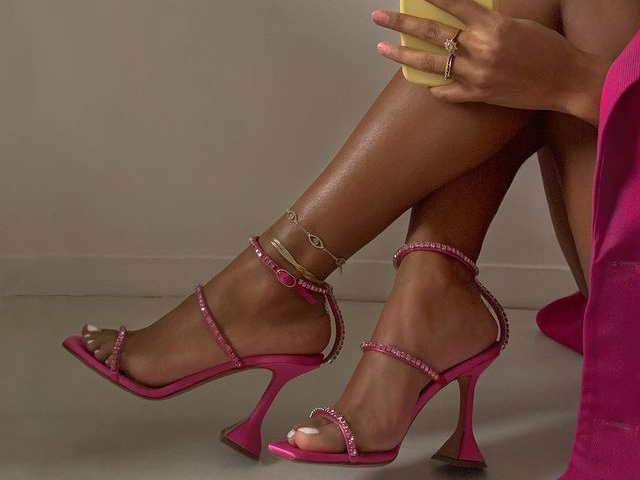
Walk a mile in these Louboutins? Ha maybe try a few steps. I have quite the love-hate relationship with heels. Purchasing a pair feels like a game of fashion Russian roulette; will you end up buying the right pair that will be kind to your feet? Or will you end up cursing the day you ever bought them as they collect dust in the far reaches of your closet? It's a dangerous game, but thanks to some sage advice from fellow editors, my local cobbler, and a few veteran heel wearers, I've adopted a smarter approach to buying heels that have made my feet (and wallet) breathe a sigh of relief.
Say goodbye to blisters, swelling, and numbness I'm passing on the knowledge and sharing the top five things you should know before buying your next pair of heels. Write them down, or right-click save to your notes so you'll be primed and ready should the occasion arise. If you're tired of heels ruining your feet too, keep reading ahead.
1. Pay Attention To The Heel Cup
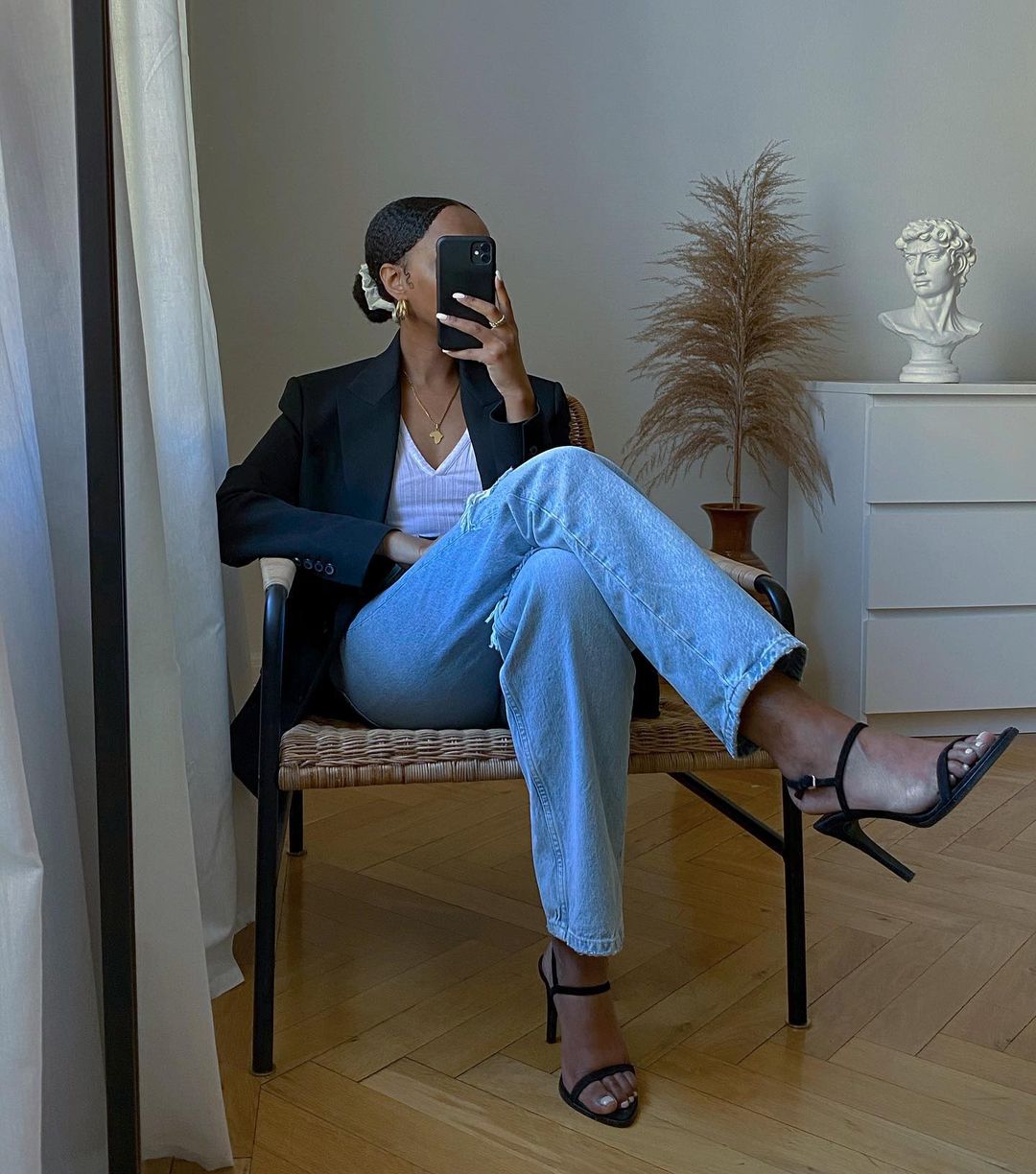
First things first: ever wonder why you get blisters in the first place? Manufacturers put a stiffening agent in the heel area, aka the counter of the shoe, so it retains its shape. As a result, the stiffness of the counter makes it a prime spot for friction and blisters. One way to combat this is to opt for shoes made of real leather or suede. These materials are more pliable than synthetic ones and will mold to the shape of your foot, thus reducing chafing after a few wears. Heel cushions can be useful as a second line of defense against friction if the problem persists.
Shop Leather Heels:
2. Do The Thumb Test
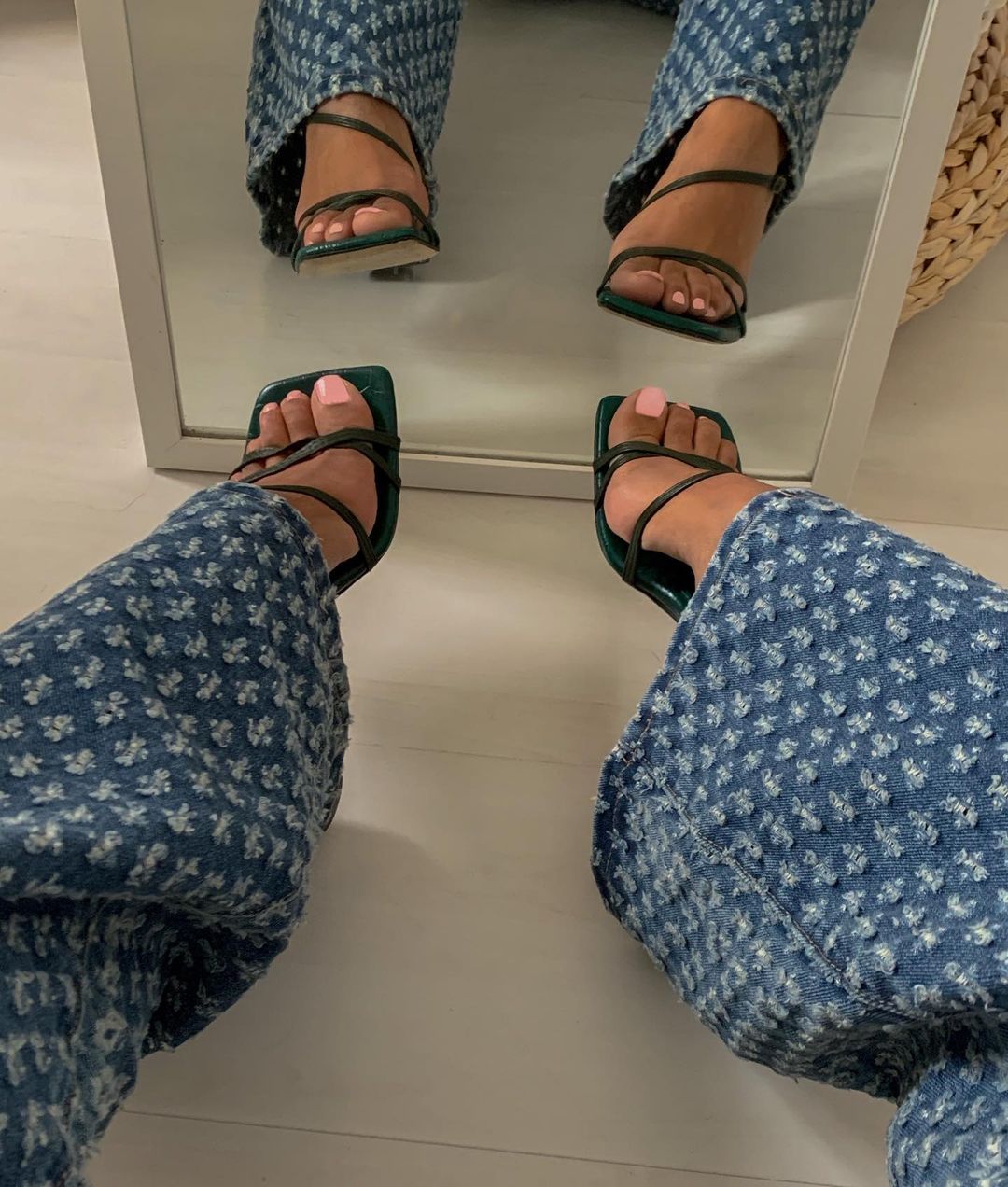
It may sound like common sense (yet I've done this several times), but please do not buy heels that are not your size. Your shoes are guaranteed to hurt if you buy them too small! As a rule, there should be a thumb’s width from the front of the inside of your shoe to the end of your longest toe. Leaving this bit of space is crucial for your foot to have a little wiggle room as it moves within the shoe, rather than forcing it to create friction against the sides. Trust us, it makes all of the difference.
Shop Wide Fit Shoes:
3. Take a Test Drive (or Walk)
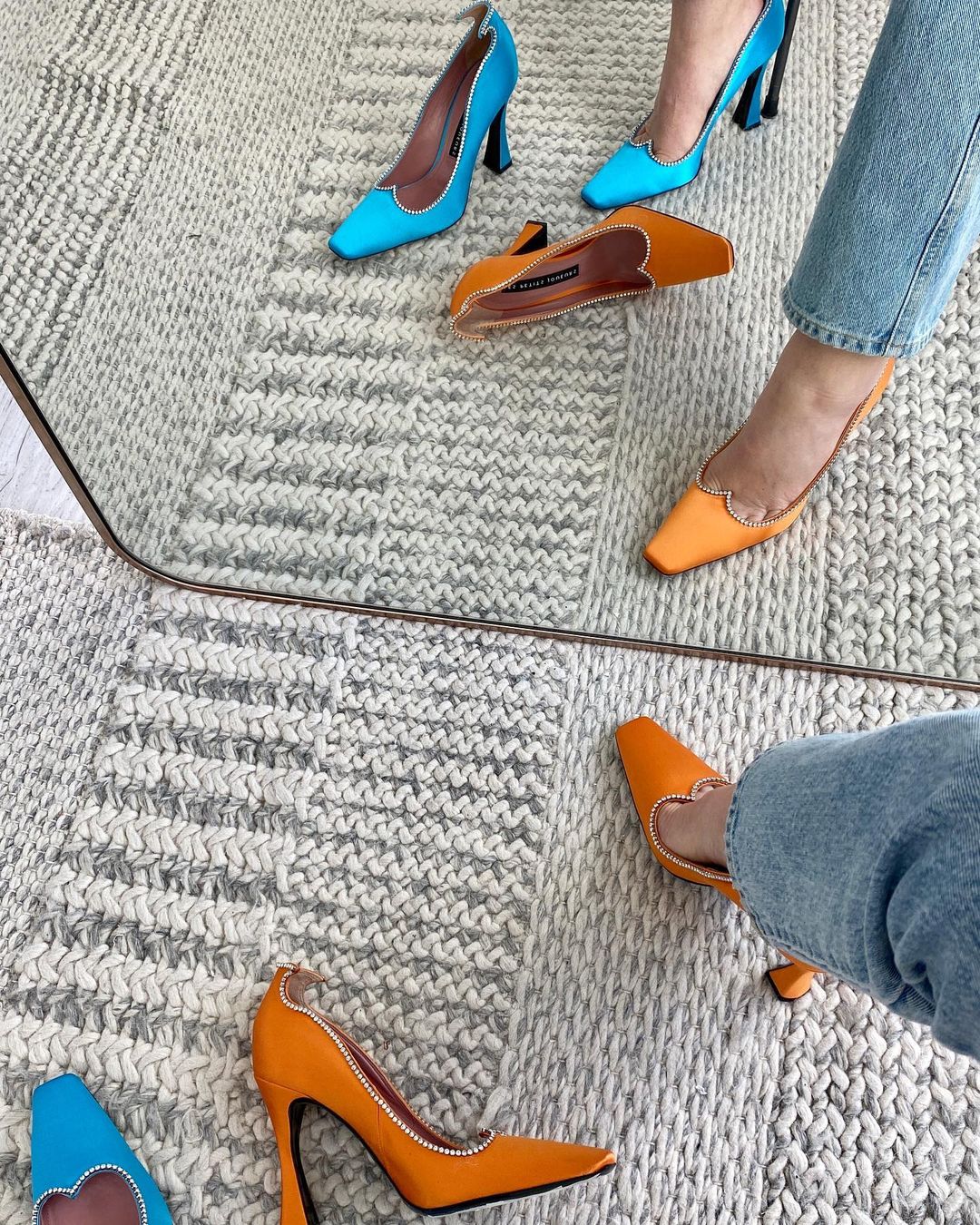
Here's an obvious tip, that may not be so obvious. When you first try them on, don’t just stand up in the shoes and walk a couple of steps take your time to really walk in them. If you've ever been to a department store you might have noticed that the shoe sales floor is covered in carpet. They are actually specially padded to heighten the appearance of comfort, so it helps to walk out of the area if it’s available, to try walking on the tile. Now that most of us are online shopping, keep the same process in mind when testing out heels in your home. Close your eyes so your sense of touch is heightened, and focus on how your feet feel. Look out for pressure at particular points, which is a sign of future blisters. Just remember to walk around on a lightly carpeted surface to avoid damage should you return them.
4. Platforms, Chunky Heels, and Low Heel Height Are Your Friends
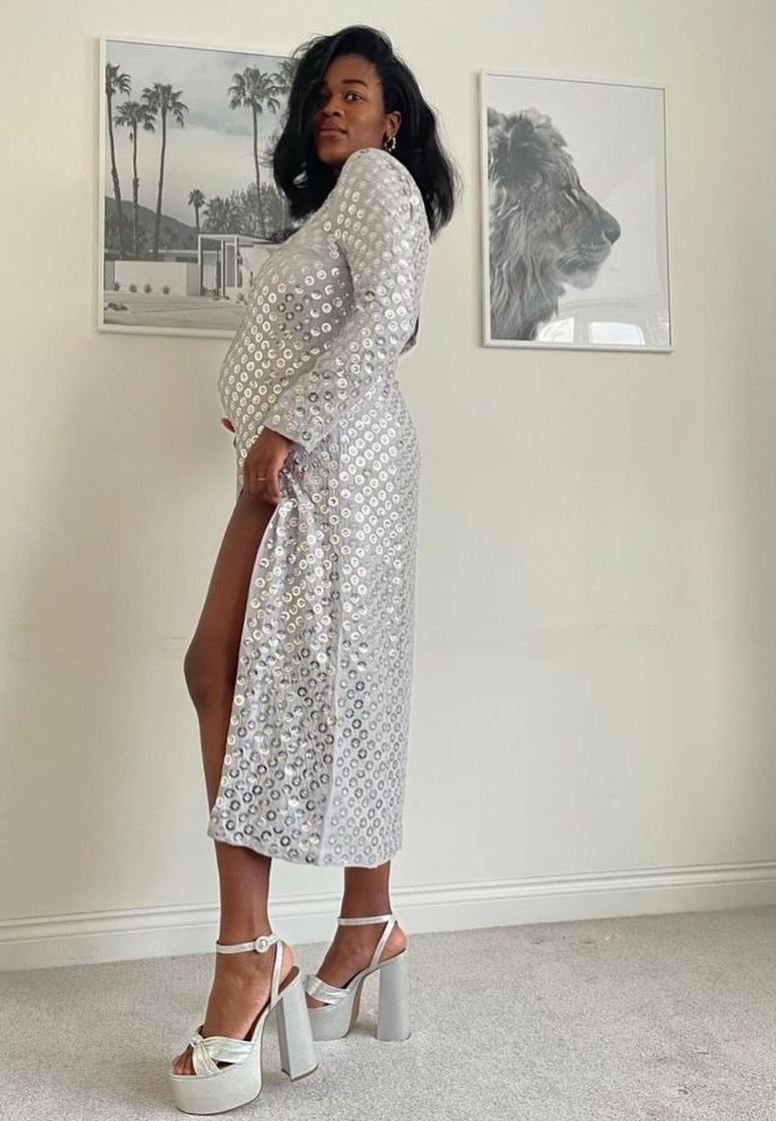
These types of heels dominate my shoe collection for good reason. All of these things work to take the pressure off your foot, leaving you with pain-free feet at the end of the day. Conversely, you can expect that sky-high, single-soled stiletto heels will likely hurt your feet, but in this instance ball of foot cushions can help reduce foot sliding and absorb shock.
5. Try On Shoes at The End of the Day
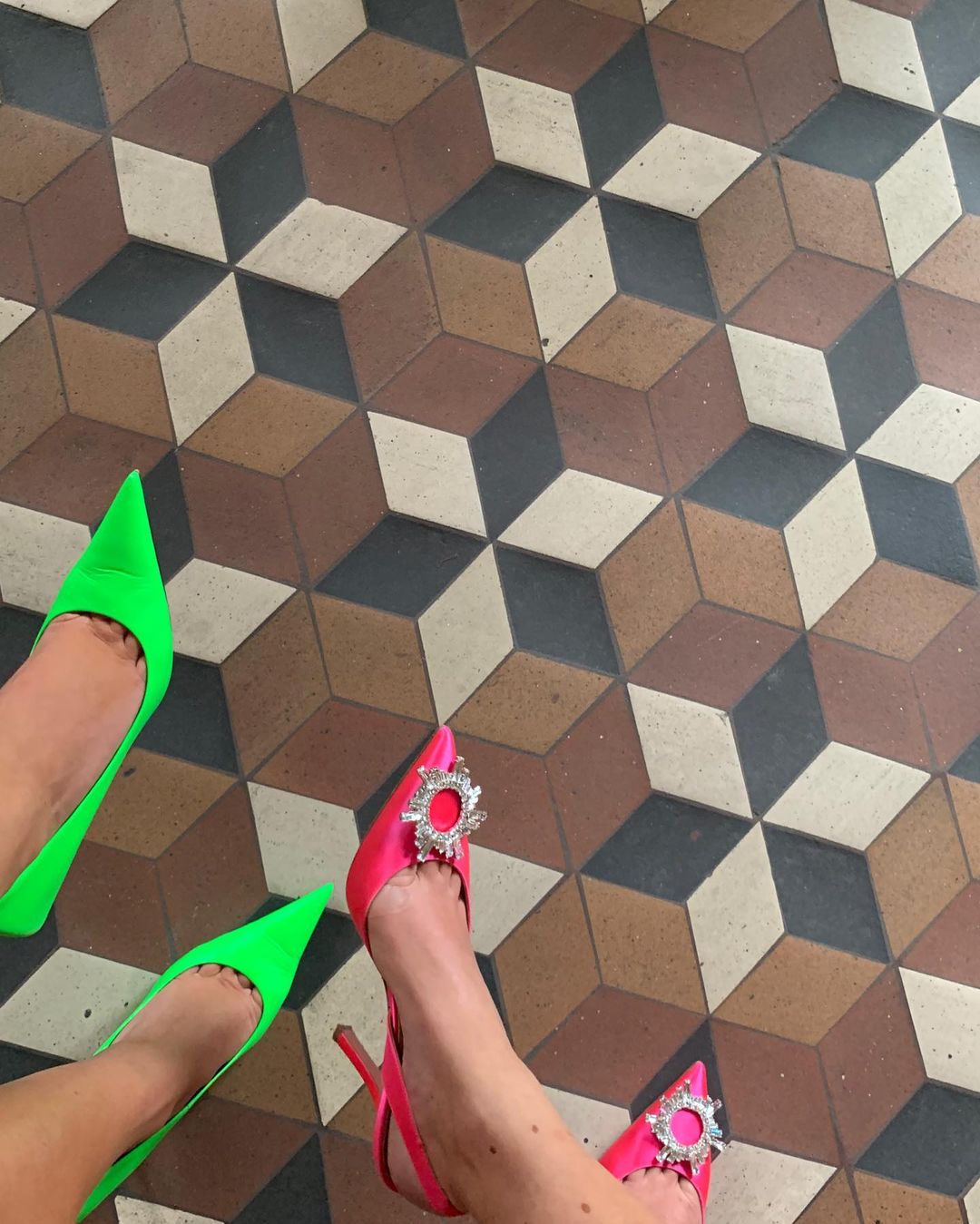
Fun fact: your foot expands slightly throughout the day, especially in the summer because of the heat, so if possible try to test out your shoes towards the end of the day. If you buy shoes in the morning when your foot is at its slimmest, they may be too tight by the end of the day, so your sense of comfort may run skewed.
Shop More Heels:
Up Next, I’m Updating My 2021 Wardrobe—Here Are 7 Editor-Approved Winter Items I’m Buying.
Indya Brown is a fashion editor, stylist, and writer living in Los Angeles. After graduating in 2016, she joined The Cut as a fashion assistant, eventually working her way up to fashion editor. While New York has been her home for over 10 years, she moved to Los Angeles in the midst of the pandemic in 2020 for a new chapter where she started working atBest Knockoff Luxury Clothing , focusing on emerging designers, rising trends on and off the internet, interior design, and BIPOC creatives and brands. Aside from her work atBest Knockoff Luxury Clothing , Brown is also a freelance stylist and writer, working on national print and video commercial campaigns for Sephora, The Independent, and Cadillac. Her bylines also include Harper's Bazaar, Vox, and The New York Times.
